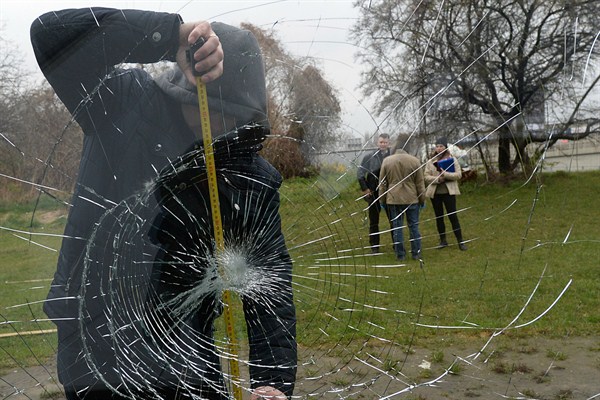On Nov. 26, vandals attacked a Muslim cultural center and mosque in the Polish capital of Warsaw, smashing a dozen of its windows. Far from being an isolated incident, the attack came amid growing anti-Muslim sentiment in Poland, where the government has refused to admit refugees and asylum-seekers and far-right extremism appears to be on the rise. In an email interview, Kasia Narkowicz, a researcher of Islamophobia at the University of York in the United Kingdom, discusses anti-Muslim sentiment in Poland, what is behind it and what civil society groups are doing to oppose it.
WPR: What is driving anti-Muslim attitudes in Poland?
Kasia Narkowicz: There are several things driving them. While hostility toward Muslims is not something entirely new, it has been growing in recent years, particularly since 2015.

